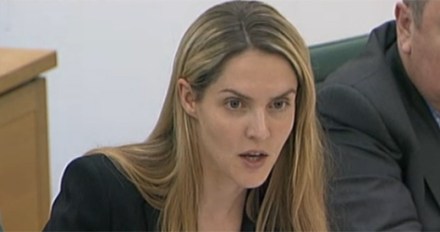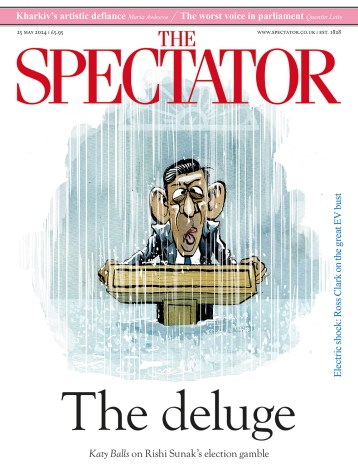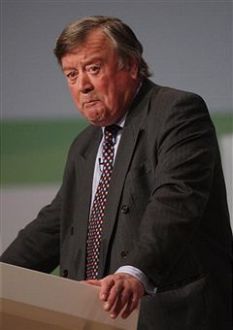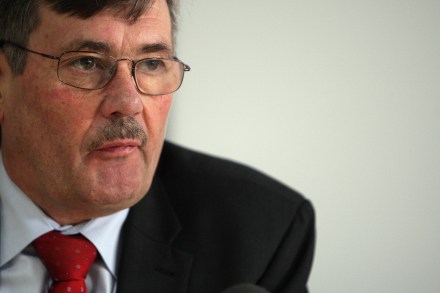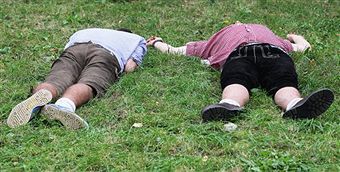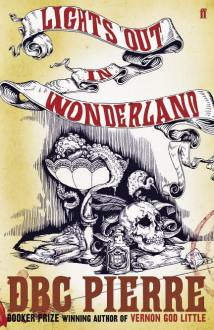‘Fessing up to drug use, the Mensch way
Just the thing to liven up a slow news day: a response from the Tory backbencher Louise Mensch to a series of insinuating points put to her by “David Jones Investigative Journalists”. The points were all about her time working at the record company EMI in the 90s; about her drug use, night-clubbing habits, that sort of thing. And she has answered them in marvellously unapologetic fashion. You can — and should — read the whole exchange here, although Mensch’s response to the question of whether she “took drugs with Nigel Kennedy at Ronnie Scott’s in Birmingham, including dancing on a dance floor, whilst drunk, with Mr Kennedy, in front
